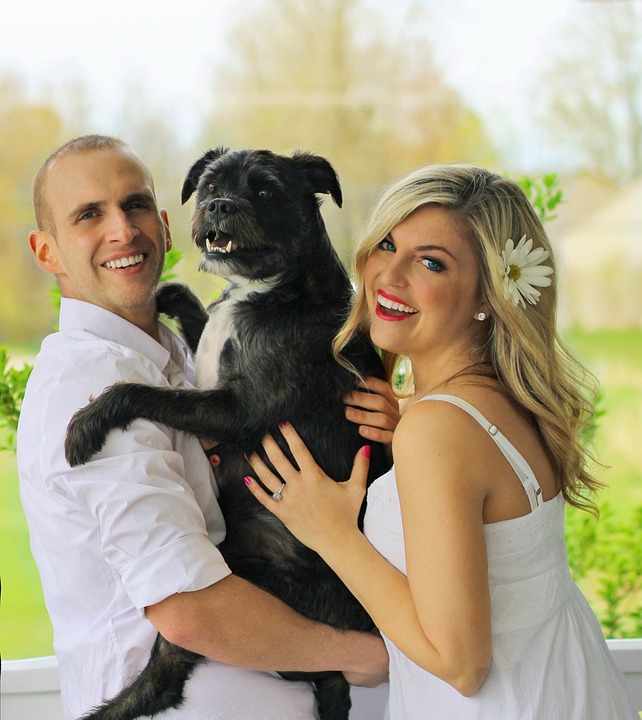Separation anxiety can be a distressing condition for dogs, especially when they have to cope with it during trips or vacations. Understanding the signs of separation anxiety and implementing effective strategies can help alleviate their stress and ensure a smoother journey for both you and your furry friend. In this article, we will explore various techniques to help dogs cope with separation anxiety during trips, along with frequently asked questions about this topic.
Before diving into coping strategies, it’s important to recognize the signs of separation anxiety in dogs. Some common indications include excessive barking or howling when left alone, destructive behavior such as chewing furniture or scratching doors, pacing or restlessness, urinating or defecating indoors despite being house-trained, excessive drooling or panting, loss of appetite, and escape attempts such as digging or scratching at windows or doors.
To ensure a smooth and anxiety-free trip for your dog, careful preparation is key. Here are some steps you can take prior to embarking on your journey:
1. Familiarize them with the travel crate: If your furry friend will be traveling in a crate, gradually introduce them to it in the weeks leading up to the trip. Make it a positive and comfortable space by placing treats, toys, and their blanket inside.
2. Practice short trips: Take your dog on short trips in the car or to places they enjoy, such as the park or a friend’s house. This will help them associate car rides with positive experiences, reducing anxiety during longer trips.
3. Maintain a consistent routine: Dogs thrive on routine, so try to stick to their regular feeding, walking, and playtime schedule as much as possible. This familiarity will provide a sense of security and stability.
Once you’re on the road or in transit, here are some strategies to help your dog cope with separation anxiety:
1. Create a calming environment: Place familiar items, such as their favorite toys or bedding, in the travel crate or carrier. Consider using pheromone sprays or diffusers designed to reduce anxiety in dogs.
2. Provide distractions: Offer interactive toys or puzzle feeders to keep your dog occupied during the journey. This will divert their attention from separation anxiety and provide mental stimulation.
3. Use positive reinforcement: Reward your dog for calm behavior during the trip. Offer treats or praise when they remain relaxed, reinforcing positive associations with traveling.
Now, let’s address some frequently asked questions about helping dogs cope with separation anxiety during trips:
1. Can I medicate my dog to alleviate separation anxiety during trips?
– While medication can be prescribed by a veterinarian in severe cases, it’s advisable to explore behavior modification techniques and natural remedies first. Consult with a professional to determine the best course of action for your dog.
2. Is crate training effective for dogs with separation anxiety?
– Crate training can be beneficial for dogs with separation anxiety, as it provides a safe and secure space. However, it’s essential to introduce the crate gradually and associate it with positive experiences to avoid exacerbating their anxiety.
3. Will exercise help reduce separation anxiety?
– Regular exercise and mental stimulation are crucial for a dog’s overall well-being. Engaging in physical activities before a trip can help tire them out, making them calmer during the journey. However, exercise alone may not completely eliminate separation anxiety.
4. Can I leave my dog alone in a hotel room during a trip?
– It’s generally not recommended to leave a dog alone in a hotel room, especially if they have separation anxiety. Consider pet-friendly accommodations that allow you to bring your dog along or explore doggy daycare options at your destination.
In conclusion, helping dogs cope with separation anxiety during trips requires patience, understanding, and effective strategies. By recognizing the signs of anxiety, preparing adequately, and implementing positive reinforcement techniques, you can ensure a more enjoyable experience for your furry companion. Remember, seeking professional advice if the anxiety persists is always a wise decision to address your dog’s specific needs. Bon voyage!









